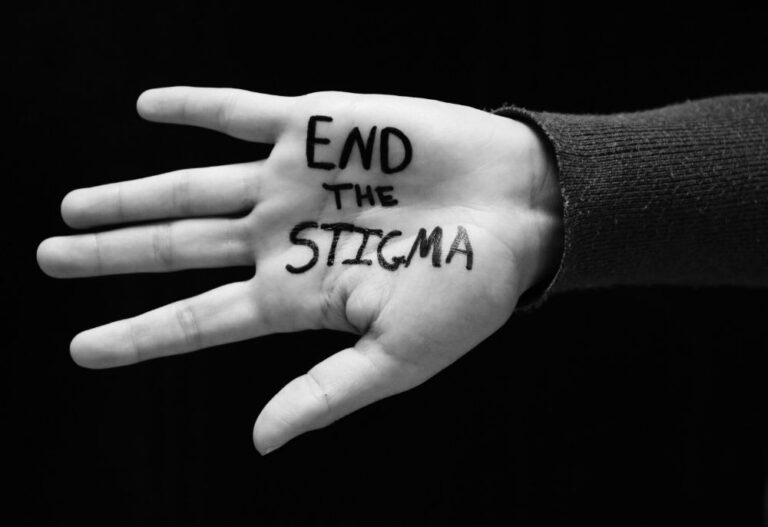When you are depressed, the ability to look at the situation objectively and identify its severity and how you need help can feel near impossible. Depression and anxiety hijack our way of seeing the world. The signs that things are deteriorating are often easier to identify in others than ourselves and facing up to the reality of our own mental health is never pleasant.
Depression can change in severity, just like any mental illness or medical condition. So, it’s important to keep an eye especially on loved ones who are currently suffering from a mental illness. It could mean the difference between that person getting help and treatment, or potentially attempting suicide if life becomes unbearable.
If you typically have mild or intermittent depression symptoms, you might notice immediately if they suddenly become more severe or persistent. Still, you might not always recognize small but steady changes in your day-to-day mood until you suddenly feel a whole lot worse than you usually do.
Here is a list of some warning signs that your depression may be getting worse:
Extreme Loneliness
We all feel lonely from time to time, but the loneliness that depression causes is perpetuated by how we isolate ourselves during a low mood. It also feels irreversible, with the thought of feeling close to anyone both impossible in the future and a totally foreign concept in general. This type of aching loneliness is a sign that your depression has taken a more serious turn and that it’s time to reach out.
Loss of Pleasure
It may not just seem difficult to find the motivation for exercise, socializing, and other hobbies. Anhedonia, or difficulty experiencing joy and pleasure, is a core symptom of depression. You might also have trouble mustering up enough energy to go to work or take care of basic responsibilities, like paying bills or preparing meals. Even necessary self-care, like showering and brushing your teeth, might feel beyond your current abilities.
Insomnia or Oversleeping
Sleep changes often happen on a similar spectrum. You could have a hard time staying awake and feel exhausted enough to sleep all day but you could also struggle to fall asleep or wake up often throughout the night. Trouble sleeping at night can mean you need to nap during the day to catch up, so you might end up drifting off at unusual times. This can affect your energy and concentration and further disrupt your sleep.
Selfcare
A lack of personal hygiene is a huge clue in understanding your mental health. When you feel emotionally heavy, it’s hard to take care of ourselves. This includes taking less showers, not wanting to brush your hair, and finding it difficult to do laundry. Personally, I love to do my makeup, so once I stop caring about my appearance, I’m often found in a messy bun and my favorite sweatpants. To help keep yourself clean, try taking a relaxing bath instead! If that isn’t your style, try something new in your personal care routine.
Self-harm
The line can blur between where you only ever thought about self-harming and when you started to and understanding the gravity of that change when you’re depressed is not easy. It is however, a more easily identifiable sign to others that you are experiencing serious mental health problems. People self-harm for lots of reasons but it takes being on the other side of an episode to realize that there are better ways to cope.
Depression can be overwhelming but being able to manage these little signs are key to getting to know the way depression affects you. Some people do experience symptoms of depression in waves or intermittent episodes.
Professional support is the best way to improve symptoms of depression. If your symptoms fail to ease within a few days or continue to get worse, it’s best to talk to your therapist or doctor as soon as possible.
If you or a loved one are showing warning signs of worsening depression and feel like you have exhausted all options TMS therapy may be the answer.
Contact: Shore Clinical TMS & Wellness Center
609-927-1030 or info@drsgowda.com



